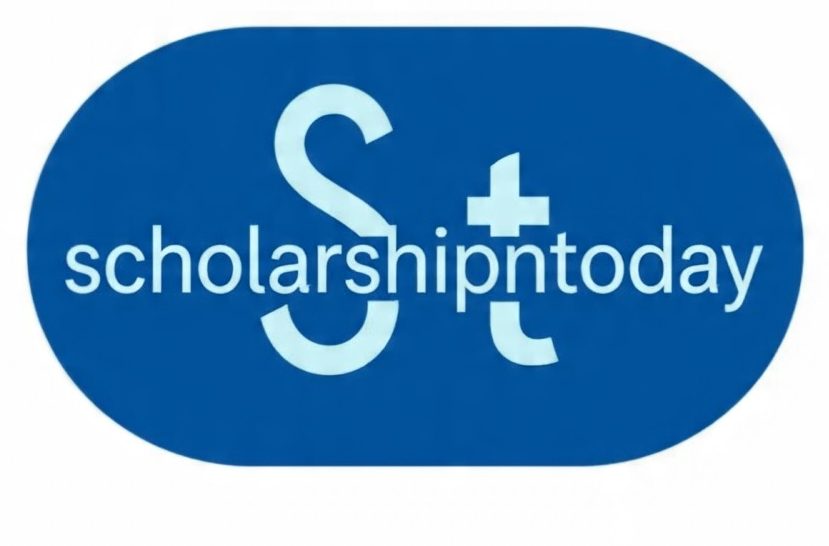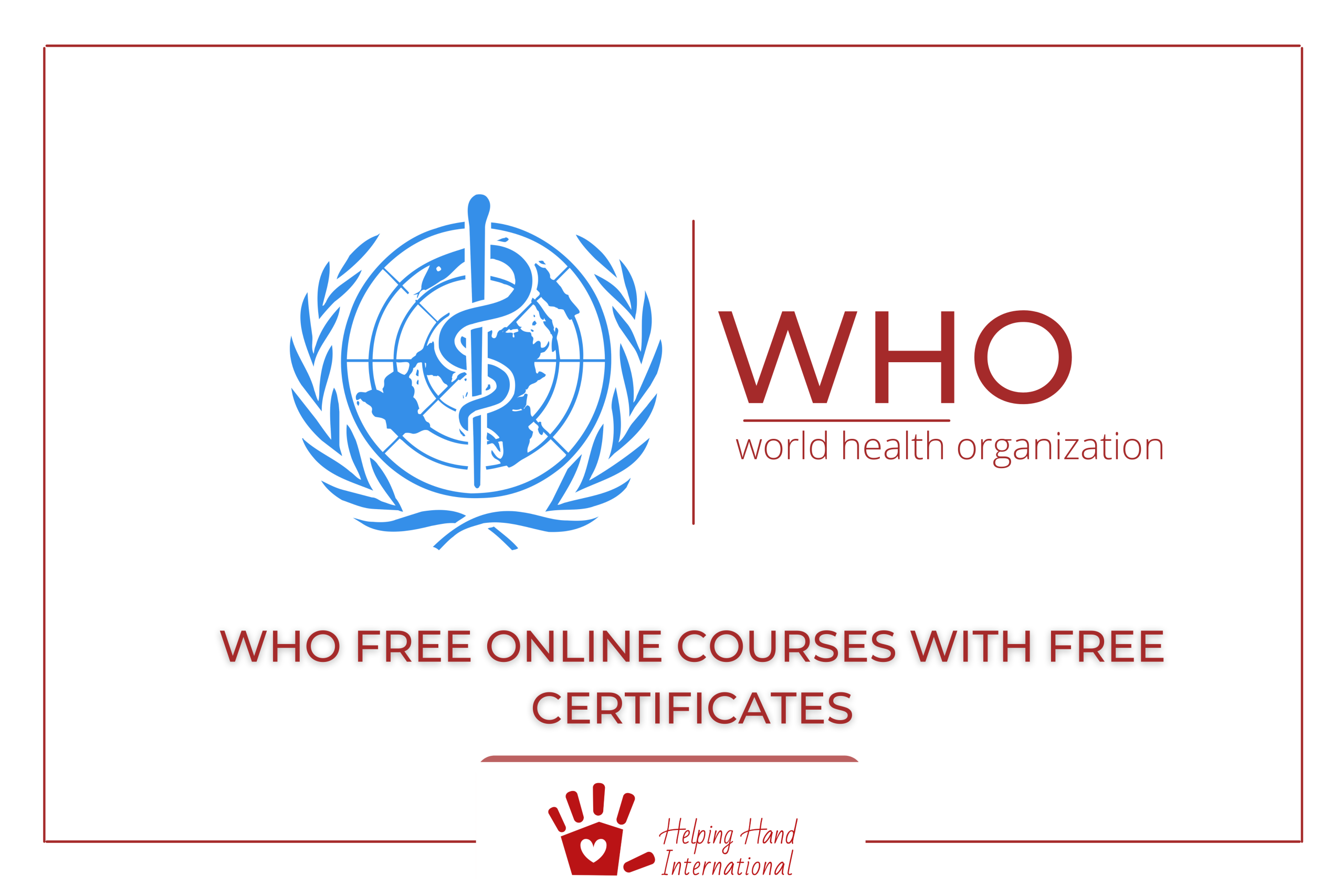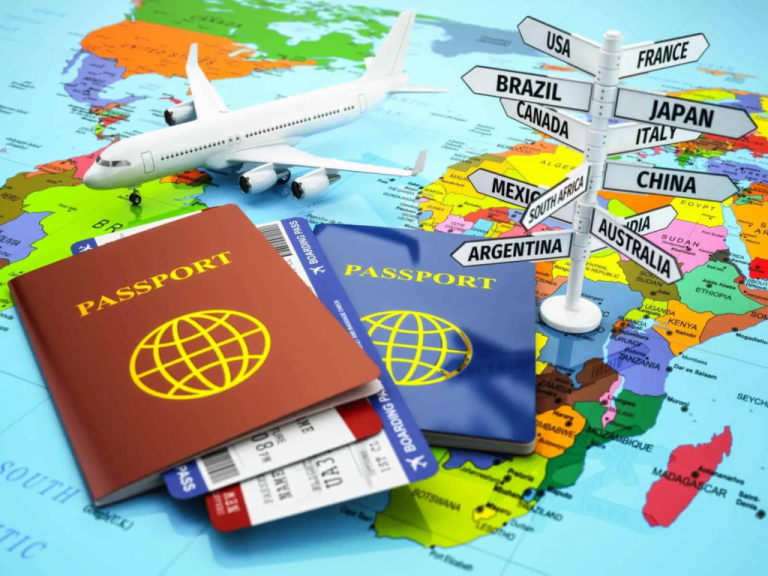WHO Launches Free Online Courses for Learners Worldwide Without Registration Fee
WHO Opens Digital Doors to Free Global Learning
Education has always been the cornerstone of progress, and in today’s digital world, access to knowledge is no longer limited by physical classrooms. The World Health Organization (WHO) has taken a remarkable step by introducing WHO free online courses worldwide that learners can access without any registration fee.
This initiative is part of WHO’s vision to empower professionals, students, and ordinary individuals with critical knowledge in health, medicine, policy, and sustainable development. Unlike many platforms that require subscription payments or complicated sign-ups, WHO’s program focuses on inclusivity, accessibility, and global impact.
What makes this opportunity extraordinary is its open and barrier-free approach. People from developing nations, remote regions, and underserved communities can finally acquire knowledge that once seemed out of reach.
The free online courses without registration fees help bridge educational gaps and ensure that no one is excluded because of financial limitations.
Transitioning from traditional models, WHO leverages technology and innovative e-learning platforms to offer practical skills, interactive lectures, and real-world case studies that are relevant in the global health sector and beyond.
As learners look for trusted, reliable sources of education, WHO stands tall as a credible authority. By launching these WHO online courses, it not only enhances professional capacity but also strengthens global solidarity in knowledge sharing.
For example, topics on infectious diseases, health systems, and pandemic preparedness are highly relevant today, and they are freely accessible on WHO’s OpenWHO platform.
👉 Check our detailed guide on other global education programs like the Schwarzman Scholars Program to compare opportunities.
👉 You can directly explore WHO’s course offerings through OpenWHO.
Breaking Barriers: Why WHO’s Free Online Courses Matter
The launch of WHO free online courses worldwide without registration fees is more than just a project—it is a revolution in digital education. For decades, barriers such as high tuition fees, geographical limitations, and lack of internet infrastructure kept millions away from quality education. WHO’s initiative breaks these walls by ensuring that learners everywhere, from Lagos to Lahore and New York to Nairobi, can access updated and impactful content.
The accessibility of WHO courses means that even frontline workers in developing countries can improve their knowledge base without needing to travel or pay expensive training costs. This has far-reaching implications for global health preparedness. For instance, during a pandemic, a nurse in a rural clinic can immediately access WHO’s latest guidelines, ensuring that care delivery remains aligned with international standards.
Another powerful aspect of these free courses is the multilingual availability. WHO provides content in major languages such as English, French, Arabic, Chinese, and Spanish. This breaks the language barrier and ensures inclusivity. Moreover, since the courses are available without registration fees, learners are motivated to enroll without worrying about financial burden.
For SEO purposes, the phrase WHO free online courses worldwide highlights not only the free nature of the courses but also their universal accessibility. As search queries for “free global courses,” “health education free online,” or “WHO training opportunities” increase, these initiatives will continue to attract attention from students, researchers, and professionals worldwide.
👉 Explore our article on University of Otago Scholarships 2026 to see other free educational opportunities.
👉 Learn more about open global education movements via UNESCO Education.
Course Variety and Content: What Learners Can Expect
One of the strongest features of WHO free online courses worldwide without registration fee is the variety of subjects covered. Unlike niche platforms that focus on a single topic, WHO’s program spans across public health, emergency response, healthcare systems, disease management, nutrition, and mental health.
This wide range ensures that learners from different disciplines can find courses tailored to their professional and academic needs.
For example, the COVID-19 learning modules on OpenWHO played a significant role in educating healthcare workers globally during the pandemic. Similarly, WHO offers specialized training in infection prevention, vaccine safety, maternal health, and disaster preparedness. These resources are constantly updated to reflect new research, making them trustworthy and current.
What’s more, WHO courses often come with certificates of completion, giving learners recognition for their effort. While these certificates may not always replace formal degrees, they add credibility to professional profiles and resumes, especially for those in health and humanitarian fields.
Since they are free, students from financially constrained backgrounds can showcase their skills without worrying about costs.
The WHO platform is user-friendly and mobile-friendly, meaning learners with limited internet bandwidth or older devices can still engage with the material.
This accessibility ensures equitable participation and reinforces WHO’s mission to leave no one behind in the digital learning revolution.
👉 See our article on Teaching Assistant Jobs in Europe to combine study and work opportunities.
👉 Browse free verified courses through Coursera for WHO.
Global Impact: Empowering Learners and Communities

The broader vision behind WHO free online courses worldwide without registration fees is not just about individual growth—it’s about empowering communities. By giving individuals access to accurate and timely information, WHO indirectly improves global health outcomes.
A trained community health worker, for example, can prevent misinformation, encourage safe practices, and promote healthier lifestyles in local communities.
Beyond healthcare professionals, WHO courses also target policymakers, NGOs, researchers, and even the general public. This democratization of knowledge builds resilience against global challenges like pandemics, climate change, and rising mental health crises. As more people become informed, they are empowered to make better decisions that impact society positively.
The ripple effect is clear: one educated individual can impact an entire community. For instance, when midwives access WHO training on maternal health, maternal mortality rates in underserved areas can drop significantly. Similarly, when volunteers take free WHO online training in mental health, they become valuable first responders in their societies.
From an SEO standpoint, this global impact positions WHO as a leader in digital learning for health education. Keywords such as “global free courses,” “WHO training programs,” and “online learning for health professionals” are key drivers for search engine ranking, ensuring that millions continue discovering these resources.
👉 Inbound link: Don’t miss our article on CHED Merit Scholarship Program to learn about national opportunities alongside WHO’s global courses.
👉 Outbound link: Read about sustainable education in global health at World Bank Education.
Conclusion: Future of Learning with WHO’s Open Access
The launch of WHO free online courses worldwide without registration fees marks a new era in open and accessible education. It proves that impactful knowledge can and should be available to all, regardless of background, location, or financial situation. As the demand for flexible, online learning continues to rise, WHO’s model sets the gold standard for how international organizations can democratize education.
For students, professionals, and lifelong learners, these free courses offer practical skills, global recognition, and career empowerment. For communities, they provide sustainable benefits by equipping individuals with knowledge that can save lives and improve well-being. For the world at large, they embody the principle that learning should not be a privilege but a right.
Looking ahead, WHO’s commitment to open access will likely inspire other organizations to follow suit. The success of this initiative could lead to expanded collaborations with universities, NGOs, and governments, offering even more diverse and impactful learning opportunities.
If you are searching for trusted, accessible, and globally relevant education, the WHO platform is your gateway. Visit OpenWHO today and begin your journey of lifelong learning—without borders, without fees, and without limits.
👉 You may also explore our blog on University of Southern Queensland International PhD Stipends for other advanced learning opportunities.
👉: Read more about global learning access through edX Free Online Courses.







